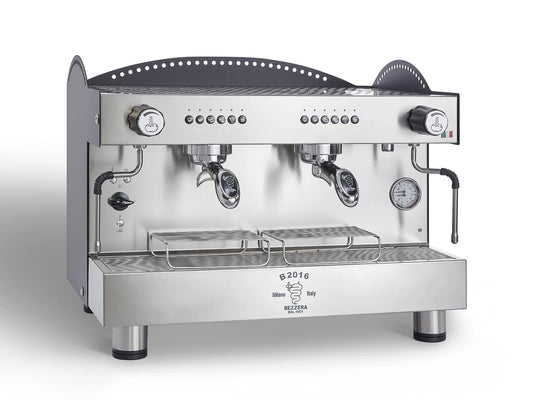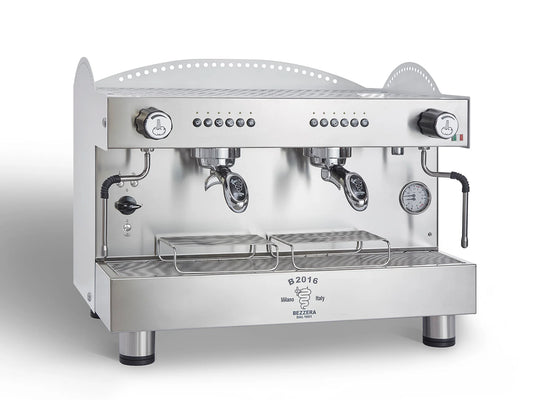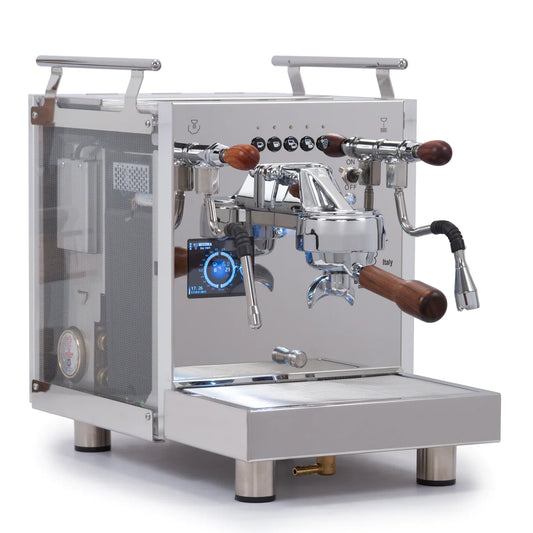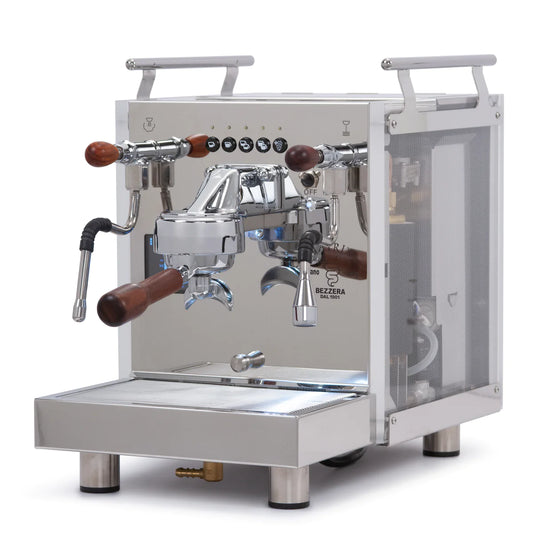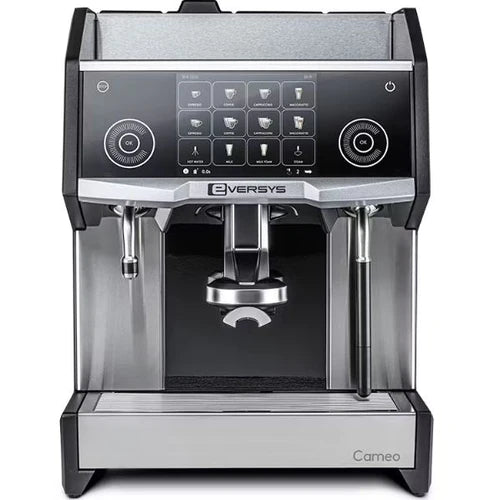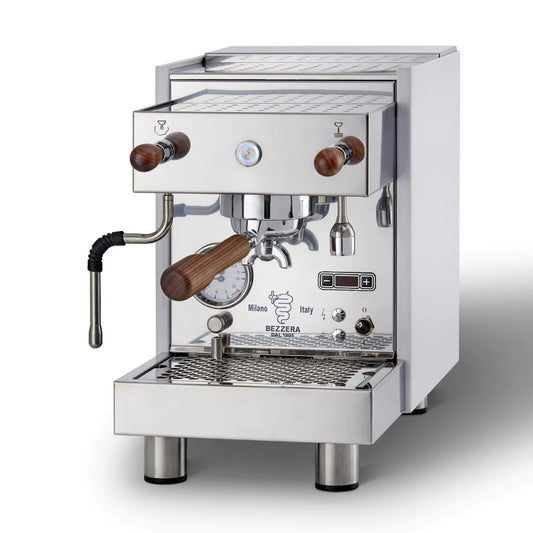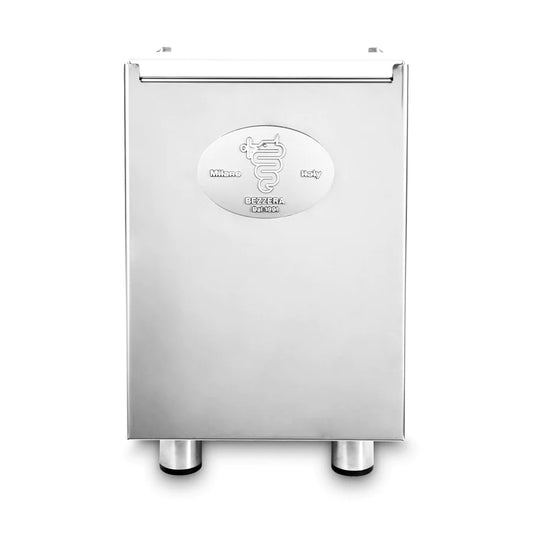Keurig Dr Pepper's Game-Changing Acquisition: A New Era for the Coffee Giant and Refreshment Industry
Table of Contents
- Key Highlights:
- Introduction
- The Move Towards Specialization: Creation of Two Companies
- Implications for the Coffee Market
- Financial Strategy and Future Prospects
- Consumer Impact: What This Means for Coffee Lovers
- Anticipated Challenges
- Conclusion
Key Highlights:
- Keurig Dr Pepper is acquiring JDE Peet's for $18.3 billion, creating two distinct companies focused on coffee and refreshment beverages.
- The new entity, Global Coffee Co., aims to become a leading player in the global coffee market, with anticipated annual revenues of $16 billion.
- The Beverage Co. will concentrate on North American markets, projected to achieve annual revenues exceeding $11 billion.
Introduction
In a significant strategic maneuver, Keurig Dr Pepper has announced its acquisition of JDE Peet's, a move that underscores the company's ambitions to dominate the coffee sector. This substantial deal, valued at $18.3 billion, signals a transformative shift not only for Keurig Dr Pepper but also for the broader beverage industry. As the company prepares to split into two independent entities—Global Coffee Co. and Beverage Co.—the implications for both the coffee market and refreshment beverage space could be profound.
The consolidation of these two powerhouse brands allows Keurig Dr Pepper to streamline its operations and refine its focus on coffee innovation and market penetration. With the global coffee market booming and consumer preferences shifting towards premium coffee experiences, the establishment of Global Coffee Co. aims to harness these trends. This article delves into the strategic motivations behind the merger, the anticipated benefits to both companies, and the potential impact on consumers and competitors alike.
The Move Towards Specialization: Creation of Two Companies
With the acquisition of JDE Peet's, Keurig Dr Pepper is set to segment its operations into two specialized companies. This strategic split aligns with contemporary business models that favor focused operations over diversified ones, allowing each company to target its markets more effectively.
Global Coffee Co.: The Rising Coffee Titan
Global Coffee Co. aims to position itself as a dominant force in the specialty coffee market, encompassing renowned brands like Peet's Coffee, Jacobs, and Maxwell House, and adding to Keurig's existing portfolio.
Tim Cofer, CEO of Keurig Dr Pepper, indicated that this acquisition leverages the combined strengths of Keurig and JDE Peet's to create a "global coffee giant." With coffee consumption trends continuously rising, this new entity targets an annual revenue of $16 billion. This ambitious goal reflects the growing demand for high-quality coffee and specialty brews, which consumers are increasingly willing to pay a premium for.
Furthermore, Peet's Coffee is recognized for its meticulous roasting processes and premium offerings, which significantly complement the Keurig brand's focus on single-serve coffee technology. The integration of these brands promises to enhance the quality and variety available to coffee enthusiasts, likely attracting a wider customer base.
Beverage Co.: Focused on Refreshments
On the other side, the Beverage Co. will continue to excel in the refreshment beverage industry. With well-established brands like Dr Pepper and Canada Dry in its portfolio, this new company will understand the nuances of the North American market, aiming for a projected annual revenue of over $11 billion.
The U.S. and Canadian markets for refreshment beverages are expected to grow significantly, given the industry's valuation at approximately $300 billion. By concentrating on core markets and optimizing operations, Beverage Co. aims to capture a larger segment of this lucrative market.
This strategic focus on North American refreshment sales does not signal a dilution of ambition; rather, it reflects a tactical approach to capitalize on established preferences before potentially exploring international markets.
Implications for the Coffee Market
The entry of Global Coffee Co. into the market brings with it a wave of potential changes and competitive dynamics. As an entity formed from an acquisition that merges vast capabilities and resources, Global Coffee Co. is poised to innovate at multiple levels—from product development to distribution strategies.
Redefining Consumer Experience
A primary goal of Global Coffee Co. is to enhance the coffee-drinking experience for consumers. With a wide range of products, from traditional coffee brands to cutting-edge coffee technology, this corporation seeks to revolutionize the way consumers approach their daily caffeine needs.
For example, the introduction of new specialty blends and innovations in single-serve technology can attract new customers and encourage repeat purchases. Furthermore, as consumer preferences shift towards sustainable and ethically sourced products, Global Coffee Co. can leverage JDE Peet's expertise in this area.
Addressing Competition and Market Position
In a market dominated by numerous suppliers and evolving consumer expectations, the emergence of a potent competitor like Global Coffee Co. challenges existing players to innovate and improve their offerings. Securing a lead in the specialty coffee segment may compel competitors like Starbucks and Nestlé to refine their strategies, from product offerings to marketing efforts.
In response, established coffee companies may seek partnerships or pursue innovation more aggressively to maintain market share. The ripple effects of this acquisition will undoubtedly be felt, triggering a competitive response that could reshape the landscape of the coffee market.
Financial Strategy and Future Prospects
The decision to acquire JDE Peet's rests not solely on ambition; it also addresses financial objectives following Keurig Dr Pepper's recent struggles with declining profits. Previous operational challenges were exacerbated by rising costs that prompted price increases, impacting overall revenue.
Reassessing Operational Values
By splitting into two focused companies, Keurig Dr Pepper effectively reassesses its value propositions across sectors. Each company can prioritize their strategic goals without the complexities of managing a sprawling business model. Furthermore, each entity can make agile decisions that respond swiftly to market changes, enhancing overall performance.
Investors and Market Reactions
As news of the acquisition broke, investors welcomed the move, recognizing that focused operations could lead to increased value creation. The separation aims to unlock the potential within each brand and attract investment, driven by the prospect of significant revenue growth.
Financial analysts predict that both Global Coffee Co. and Beverage Co. will attract opportunities for expansion through innovative product launches, aggressive marketing campaigns, and strategic partnerships.
Consumer Impact: What This Means for Coffee Lovers
The structural changes within Keurig Dr Pepper, along with the advent of Global Coffee Co., are set to benefit consumers looking for richer coffee experiences.
Expanded Choices and Quality
With the new companies unveiling products that emphasize quality and specialization, consumers will likely enjoy an enriched product selection. Specialty brands known for their craftsmanship and flavors can arm consumers with options that meet diverse tastes, preferences, and occasions.
Moreover, these innovations may empower consumers to explore unique products beyond the mainstream offerings, encouraging a coffee culture that celebrates local and specialty brews.
Pricing and Accessibility
As competition intensifies within the coffee industry, consumers could also benefit from improved pricing. While premium branding is expected to rise, the market's competitive nature may drive retail prices down for brands aiming to maintain growth and market share.
Sustainable Practices
Today’s consumers are increasingly oriented towards sustainable and ethical products. With Global Coffee Co. potentially prioritizing sustainability, this aligns their values with consumer expectations. Embracing sustainable sourcing, environmentally friendly packaging, and transparency can foster greater consumer loyalty and reflect positively on the overall market.
Anticipated Challenges
While the prospects seem bright for both Global Coffee Co. and Beverage Co., challenges loom on the horizon.
Integration and Transition Struggles
The transition from a unified company structure to two separate entities requires significant planning and execution. Managing legacy systems, employees, and brand identities is critical.
Consumer Preferences and Market Volatility
Fluctuating consumer demands, shifting trends, and economic conditions can impact sales. With coffee drinking patterns influenced by factors such as health trends, economic downturns, and lifestyle changes, both companies need to remain agile to respond effectively.
Conclusion
The acquisition of JDE Peet's by Keurig Dr Pepper heralds a new chapter in the beverage industry, particularly within the coffee market. As the companies position themselves to capitalize on burgeoning opportunities, the structuring into specialized entities should bolster their ability to innovate and compete.
Keurig Dr Pepper’s strategic focus reflects a commitment to growth and quality, designed to enhance consumer experiences. While the path forward may include challenges, the potential rewards of this acquisition position both Global Coffee Co. and Beverage Co. for success in their respective arenas.
FAQ
Q: What prompted Keurig Dr Pepper to acquire JDE Peet's?
A: The acquisition aims to leverage complementary strengths in coffee operations, creating a focused entity set to dominate the global coffee market.
Q: Will consumers see immediate changes after the acquisition?
A: While substantial changes may take time to manifest, consumers can expect expanded product offerings and improved quality as the newly formed companies settle into their operations.
Q: How will the acquisition impact competition in the coffee industry?
A: The creation of Global Coffee Co. is expected to trigger competitive responses from existing players as they adjust strategies to maintain market share.
Q: Are both newly formed companies planning to expand internationally?
A: Global Coffee Co. intends to focus on establishing a strong presence in the global coffee segment, while Beverage Co. will concentrate on North American markets initially.
Q: What are the projected revenues for each company post-acquisition?
A: Global Coffee Co. aims for annual revenues of $16 billion, while Beverage Co. is projected to exceed $11 billion in annual revenue.

